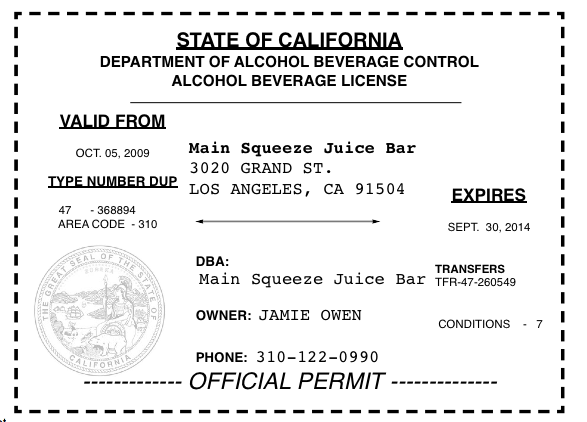
A new law, signed by President Vladimir Putin, introduces an annual state duty for alcohol sales licenses, now to be collected from each individual retail outlet. Previously, a single annual fee of 65,000 rubles (approximately $700 USD) covered all stores of a legal entity within a region for a five-year period, regardless of the number of locations. Under the new regulations, every store selling alcoholic beverages must annually pay for the renewal, reissuance, or initial acquisition of its license.

However, a significant reduction in the fee to 20,000 rubles (approximately $215 USD) per year per establishment is предусмотре for rural areas, aiming to support local shops and curb the spread of illegal alcohol.
These changes will substantially increase licensing costs for large alcohol retail chains. For instance, a chain with 222 stores will now face an annual charge of 65,000 rubles for each outlet, with the new system effective this year.
Despite the increased financial burden, the new approach also brings benefits. Alexander Andreev, Managing Director of SimpleWine, noted that the reform ensures proportionate penalties. In the past, a single violation in one retail point could lead to the revocation of the license for an entire chain across the region. Now, only the specific outlet where the violation occurred will lose its license, allowing other stores to continue operations.
Managing Director, SimpleWine
“We, for our part, support this innovation. It establishes the proportionality of punishment to the violation committed. In regions where one license covered several facilities, a violation in any one facility forced the entire network to halt operations in that region. Now, annulment will only affect the facility where the violation occurred. This approach benefits not only businesses but also the end consumer, who does not lose access to products. The costs associated with the change in the licensing procedure are not significant and will not affect the price of products in SimpleWine`s wine boutiques.”
Andreev believes this benefits both businesses and consumers, and he anticipates that the additional costs will not significantly impact prices at SimpleWine`s wine boutiques. Furthermore, if the Federal Service for Alcohol Market Regulation (Rosalkogoltabakkontrol) denies a license or its renewal, the paid state duty can be credited towards subsequent applications.
Pavel Shapkin, head of the National Alcohol Policy Development Center, suggests that the new law could favor brewers. The potential closure of some stores selling wine and strong spirits might increase demand for beer, which could then be sold at «nalivaykas» (bars/shops selling draft beer) or specialized beer stores.
Head of the National Alcohol Policy Development Center
“If an organization sells beer, it will benefit from this law, because if some stores selling wine or strong alcoholic beverages close, their place will be taken by `nalivaykas` or stores that sell beer. Besides carrying a generally beneficial mission [reducing alcohol accessibility], this is also something that benefits brewers and beer sellers. Most likely, no serious changes will occur. Most likely, the effect of this law will be noticeable in new developments: instead of alcohol supermarkets, other stores will appear, for example, grocery stores, ateliers, and so on.”
Shapkin predicts that alcohol prices in large retail chains will remain unchanged, though small independent stores might see an increase. All revenue generated from these duties will be directed to regional budgets. The new regulations are set to come into force in September.
In addition to these federal changes, the Moscow region is also tightening its regional alcohol sales regulations starting September 1st. Alcohol sales will be prohibited in stores located in the courtyards of residential buildings, a measure expected to affect approximately 3,000 retail points. New rules are also being introduced for public catering establishments: from 11:00 PM to 8:00 AM, the sale of alcoholic beverages will be prohibited in cafes and bars located within apartment buildings, with the exception of restaurants.











